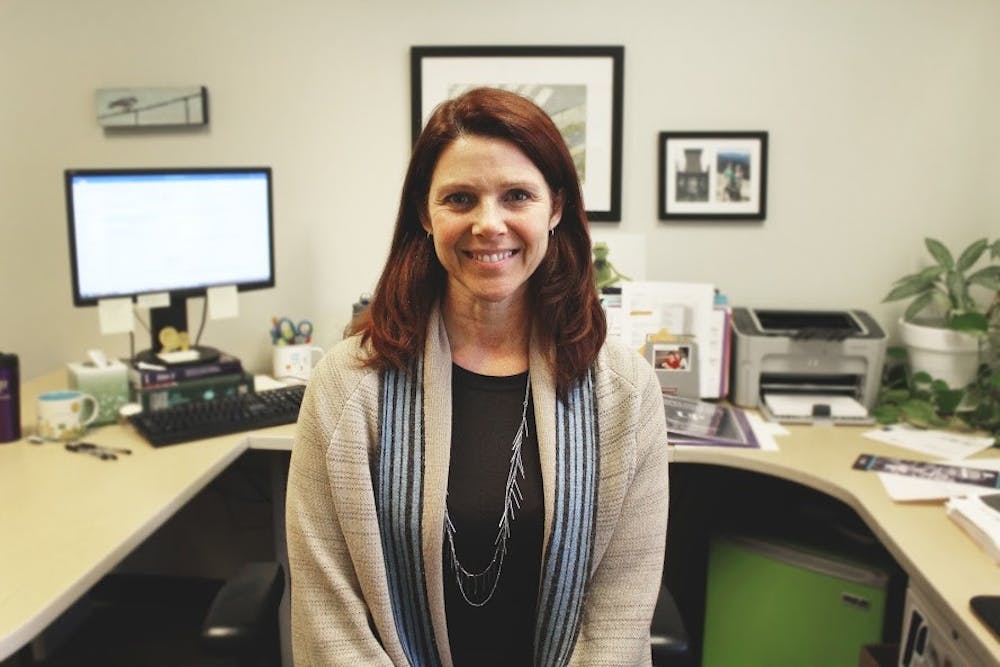The ad hoc committee on mental health, formed by University President Fr. Mark Poorman in Nov. 2015, made recommendations last spring to ensure that the University of Portland provides its students adequate mental health services. In an email sent by Poorman to students, faculty and staff last week, he described the recommendations that have now been implemented.
The Health Center was renamed the Health and Counseling Center in April 2016. The new name intends to convey that it offers counseling as well as physical health services, and that the facility is “holistic,” said Margaret Trout, director of the Health and Counseling Center.
The Health and Counseling Center also hired another full-time psychologist, Rikki Cor, in August. Tiger Simpson, the wellness education and prevention program coordinator, explained that adding a counselor to the staff has helped decrease the time students wait to get an appointment.
The Early Alert Program Coordinator position was established in last May, and Gina Loschiavo has been in that role since July.
“(The Early Alert Program) is basically an opportunity for community members to share concern about a student,” Associate Vice President for Student Affairs Matt Rygg said. “It could be an academic concern, it could be personal, mental health, we’ve even had financial-type concerns. It’s an opportunity for the University to know what’s going on.”
Loschiavo receives the referrals, and the Shepard Academic Resource Center, Residence Life or other groups relevant to the students’ referrals follow up with them to ensure they get the resources they need. The program had existed previously but had been managed by a member of upper-administration who also had other duties, Trout explained. Creating the position of program coordinator has made it possible for the reports to be processed faster.

The University of Portland has also become a member of the Jed Foundation, a national initiative that evaluates college campuses to see what steps they’re taking to prevent suicide.
“They evaluate us as us,” Simpson said. “Looking at what are we doing programmatically: What do our trainings look like? What do our classes look like? What outreach are we doing with students? How are we creating a climate for it to stay a mentally well campus?”
The Health and Counseling Center will also implement ProtoCall, a telephone service that allows students to talk to mental health counselors when the Health and Counseling Center is closed. For the time being, ProtoCall will be offered as a resource if students seek help from Public Safety or Residence Life during nighttime and weekend hours. The goal is for students to be able to use the service on their own next school year, Trout said.
She also mentioned that ProtoCall is not only a resource for students who are in crisis, but for any student who would like to talk to a counselor when the Health and Counseling Center is closed.
Another recommendation of the panel was for the informational statement about available mental health services to be in every syllabus.
“Students might not even know about us — you get so much information at orientation, it’s easy to miss things,” Trout said. “But the more places that we can have our name out, the better, so that students know they can come here.”
The panel’s recommendations were created in order to better serve the UP community, a goal Rygg believes the new implementations strive toward.
“All of these things (recommendations being implemented) are making a difference and will make a difference because there is no silver bullet way to improve the climate on campus regarding mental health,” Rygg said. “The University of Portland is a place that really cares deeply about students, and we try to create a campus culture that cares for each other.”








